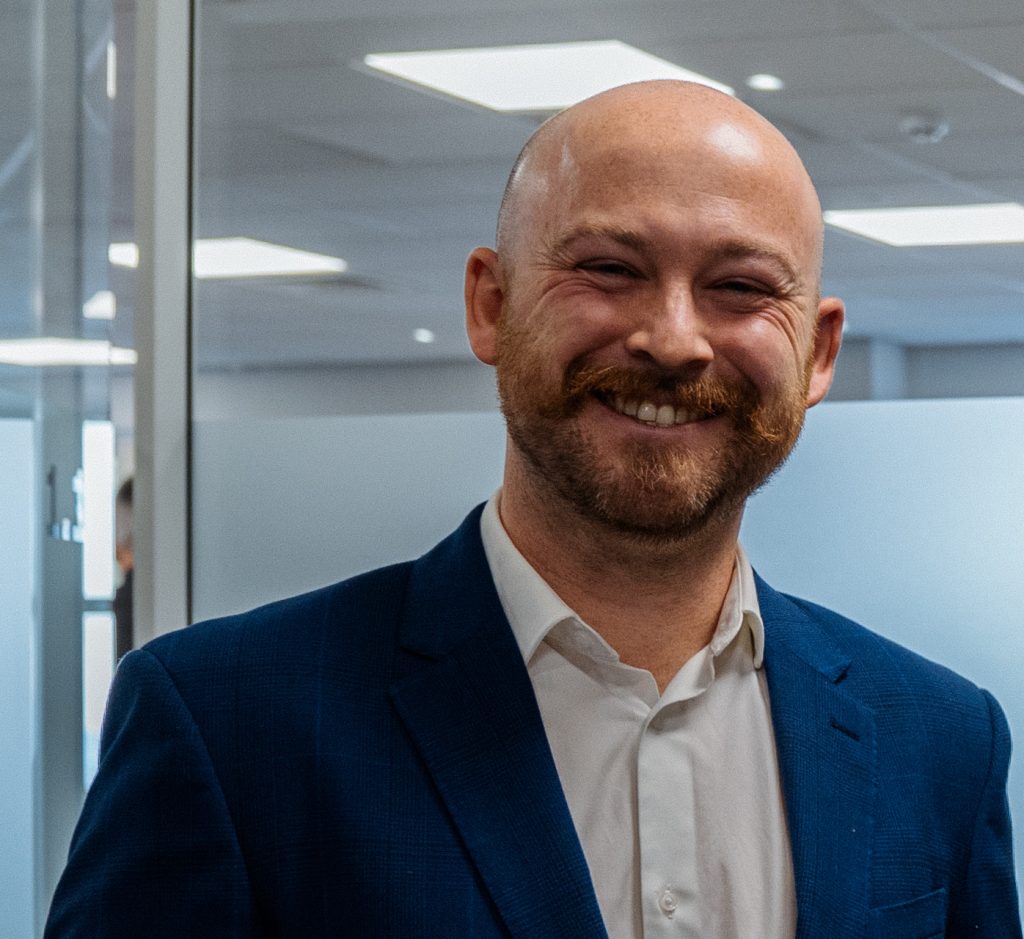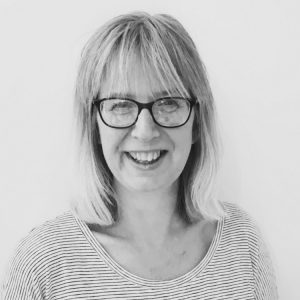Fellows Awards
The William Temple Foundation Fellows’ Award scheme, inaugurated in 2022, is designed to allow William Temple Scholars and other early career academics to develop their PhD work for publication, impact, and research.
All research is intended, in the spirit of Archbishop William Temple, to map and analyse the impact of lived religion and belief, and the theologies and practises they generate, on the public squares in which we live. The fund has been made possible by a generous bequest from Len Collinson, former Deputy Lieutenant of Merseyside, Honorary Professor of the University of Central Lancashire, and a prominent business leader in northwest England. We are pleased to announce Dr Matthew Barber-Rowell as the first recipient of this award.
Recipients

Dr Matthew Barber-Rowell FRSA Matthew has a long association and knowledge of the work of the Foundation stretching back to 2014. In 2019 Matthew was awarded a Temple Scholarship by the Foundation. In 2020 Matthew was a researcher on the Keeping the Faith Report for the All Party Parliamentary Group for Faith and Society, which was led by the Foundation. In 2021 Matthew became the first of our William Temple Scholars to achieve their doctorate from the Faith and Civil Society Unit at Goldsmith’s, University of London. In 2022, Matthew became a Research Fellow and was the inaugural recipient of this award, the Len Collinson Postdoctoral Fellowship.
Matthew’s doctoral work offered a new paradigm and consultative methodology for faith based organisations, called Curating Spaces of Hope. Since the pandemic, Matthew has developed a varied portfolio of work deploying Spaces of Hope and developing local leadership that responds to global crises and explores approaches to building resilience. This portfolio also includes Ecological Transformation with Diocese of Manchester marked by the launch of Eco Stepping Stones in September 2023.
Matthew’s postdoctoral agenda addresses dialogue, leadership and shared values in the city. Through this award he has tested his doctoral work in new contexts and is seeking to develop a toolkit for developing leadership in uncertain times. This resulted initially in pilot work with groups characterised by different worldviews in the city of Liverpool. This in turn prompted a book contract with SCM Press for Matthew to produce his first monograph. Since the summer of 2022, and the conclusion of this fellowship, Matthew has been an honorary postdoctoral fellow at Liverpool Hope University considering the role of faith in higher education, and consultancy work, for example a recent piece with Liverpool Charity and Voluntary Services, co-creating a vision and strategy for eradicating poverty in the city. Matthew’s first monograph is expected to be published by SCM Press in Autumn 2024 offering a political theology of leadership for uncertain times.
You can follow him on Twitter @DrBarber_Rowell
Valerie Barron
From a background in nursing, Val studied Health and Social Policy at Warwick University which led her to work in Health Promotion. While studying for an MSc in Community Wellbeing, she began to appreciate how local churches were key in supporting people that were struggling in their community. She felt the church was in a unique position to respond and now, as community development worker for the CUF Together Network, she works alongside church congregations and communities in Durham Diocese.
While working with a group in an ex-mining community in East Durham, they described themselves as a very ‘done to’ place by organisations and charities, ‘they come here, do stuff to us and leave’ was how one participant described their village. Val has been passionate about exploring how a more asset based approach to community development can be embedded so the church isn’t seen as another service deliverer that ‘does stuff to people’. Recognising and building upon the assets and talents within a community often leads to volunteering opportunities. In an area of the country described as with low-wage, high-welfare she is interested in how social enterprises can build economy as well as community and skills, and the part local churches can play in enabling this to happen. In practice, when talking to local the conversation moves to their passions and skills we discover a wealth of assets.
Social Enterprises have been used successfully to build sustainable community engagement projects yet few churches are engaging with this model. By understanding how and where social enterprise could help individuals, communities and churches to flourish, Val hopes this research will provide an opportunity to shape thinking and practice.
Living in her husband’s parish in Gateshead with their three children Val is personally engaged in the issues and challenges that face communities and churches.
